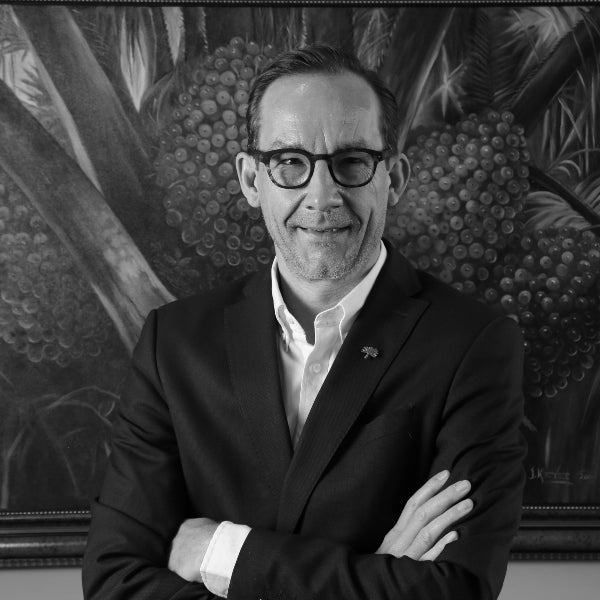Investing in technology, science and research is paying off

Agricultural experimentation may be considered, by trial and error, as old as agriculture, that is, when societies evolved from gathering, hunting, and fishing to farming and raising livestock.
But formal agricultural research in a pilot station is relatively recent and has been a key pillar of enhancing food security on a global scale.
By its very nature, agricultural research has been and must be regional, where progress must be tested and many techniques implemented and adapted to the specific conditions of each region, country, soil and climatic zone.
This is why the opening of the Palmar de las Corocoras pilot field, in Paratebueno, Cundinamarca, eastern Colombia, undoubtedly represents a milestone for the country’s palm guilds.
Our aim was to enhance the capabilities of the Palm Growers Association to develop their research and extension operations, in light of the productive and health challenges of oil palm cultivation in the eastern part of the country.
This new experimental field in Cenipalma, which was recently opened, joins the strategy of continuing to promote science, technology and innovation in the palm sector and is primarily focused on crop cultivation (with an emphasis on soil management) and fruit processing. The Palmar de las Corocoras experimental field also houses the facilities of the Tecnopalma Paper and Soil Laboratory, which provides specialized services to the palm sector.
Colombian palm farmers, well aware of the progress made in agribusiness, have been very clear about the importance of research and innovation, as the basis for sustainable, profitable and competitive development of palm cultivation.
This interest was embodied with the creation, in 1991, of Cenipalma, as a not-for-profit entity, dedicated to the generation, adaptation, validation and transfer of technologies in the oil palm, its cultivation, processing and consumption.
Currently and thanks to the continuous support of palm growers through the National Federation of Oil Palm Growers, today Fedepalma has offices in Bogota, 3 fields and 1 pilot plant in the 4 palm regions, the total area is more than 1700 hectares of which 590 are planted with oil palm.
The Palmar de las Corocoras experimental field also houses the facilities of the Tecnopalma Paper and Soil Laboratory, which provides specialized palm growing services.
Cinipalma currently has three experimental areas; The Palmar de la Vizcaína is in the central region, the Palmar de Las Corocoras is in the eastern region and the Palmar de La Sierra is in the northern region; In the southwest area is the La Providencia pilot station.
The Palmar de las Corocoras experimental field contains 410 hectares, of which 220 hectares are planted with crops consisting of genetic combinations of Elaeis guineensis and Elaeis oleifera species, commercial materials, E. guineensis strains and OxG multi-species hybrids for their implementation of targeted trials of soil management in the region, pest control and management techniques diseases, especially fatal wilt and bud rot, and better crop management practices to improve productivity.
The field, acquired in 2011, contains 1,489 m2 of offices and agricultural support services, 1,828 m2 of laboratories, with a total built up area of 3,317 m2 and houses the Information and Documentation Center – CID Palmero and other meeting spaces, ideal for receiving palm growers And other visitors interested in learning about the palm sector.
The fields were created with the strategic purpose of providing support services for the research and extension activities of Cenipalma and in order to respond to the problems facing each of the palm-growing regions, and today they are also benchmarks for good agricultural practices and productivity.
I believe that each experimental field is the heart of palm cultivation in its area of influence, and above all, it is a permanent environment for the dissemination and transfer of technology and the exchange of knowledge with palm growers; A model in agricultural, environmental and business management, demonstrating that investing in the latest research and technology pays off!

“Award-winning zombie scholar. Music practitioner. Food expert. Troublemaker.”


/cloudfront-eu-central-1.images.arcpublishing.com/prisa/AHVYMMDSTZDTDBFNZ3LMFUOKNE.jpg)








